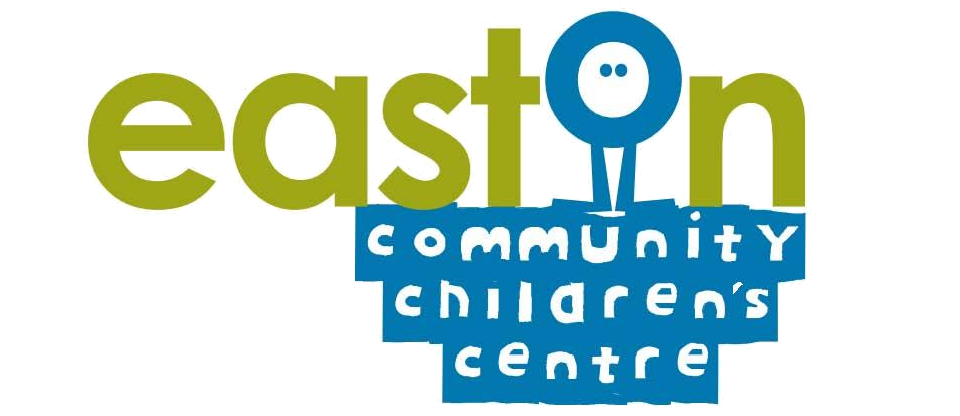Learning & The EYFS
What is the Early Years Foundation Stage?
The Early Years Foundation Stage (EYFS) is how the Government and Early Years professionals describe the time in your child’s life between birth and the age of 5. It is a very important stage as it prepares them for their future learning and successes. Early Years Providers such as ECCC that are registered to deliver the EYFS must follow a legal document called the Statutory Framework for the Early Years Foundation Stage. The document sets out:
• The legal requirements that we must follow to keep your child safe and promote their welfare.
• Assessment that will tell you about your child’s progress throughout the EYFS.
• Expected levels that your child should reach by the end of the Reception year at school, these expectations are called the ‘Early Learning Goals (ELGs)’
• The 7 areas of learning and development that we use to plan your child’s
experiences at ECCC alongside their unique needs and interests. This is a little bit like a curriculum in primary and secondary schools but is suitable for very young children and designed to be really flexible.
The seven areas of learning and development identified by the EYFS framework are divided into three prime areas:
Personal, Social and Emotional Development
Communication and Language
Physical Development
and four specific areas:
Literacy
Mathematics
Understanding the World
Expressive Arts and Design
All learning and development is structured around the ‘Characteristics of Effective Learning’. This means that children in the EYFS learn by playing and exploring, being active and through creative and critical thinking, which takes place both indoors and out.
Play underpins the EYFS. It also underpins learning and all aspects of children’s development. Through play, children develop language skills, their emotions and creativity, social and intellectual skills.
If you have any questions about the EYFS please speak to a member of staff.

